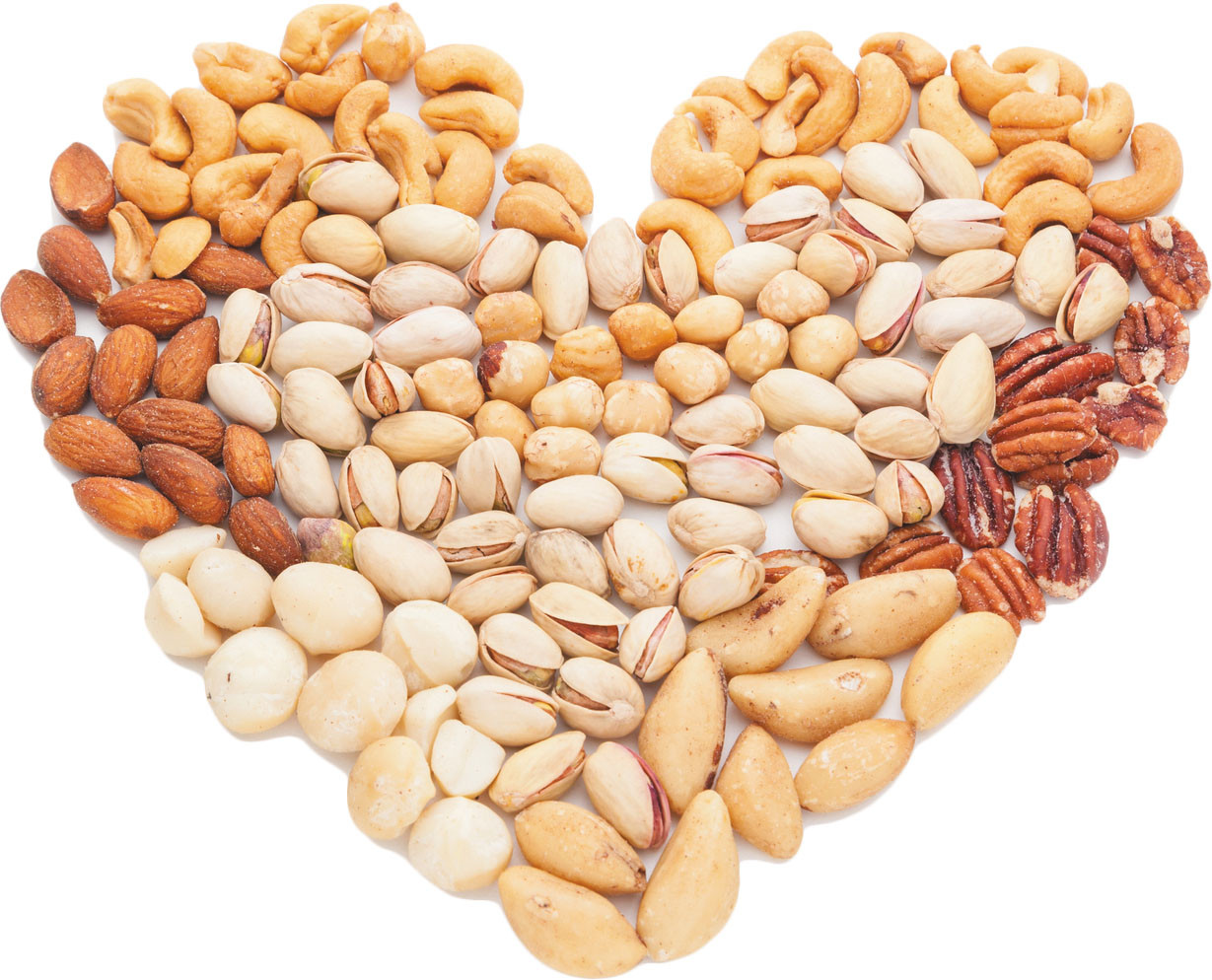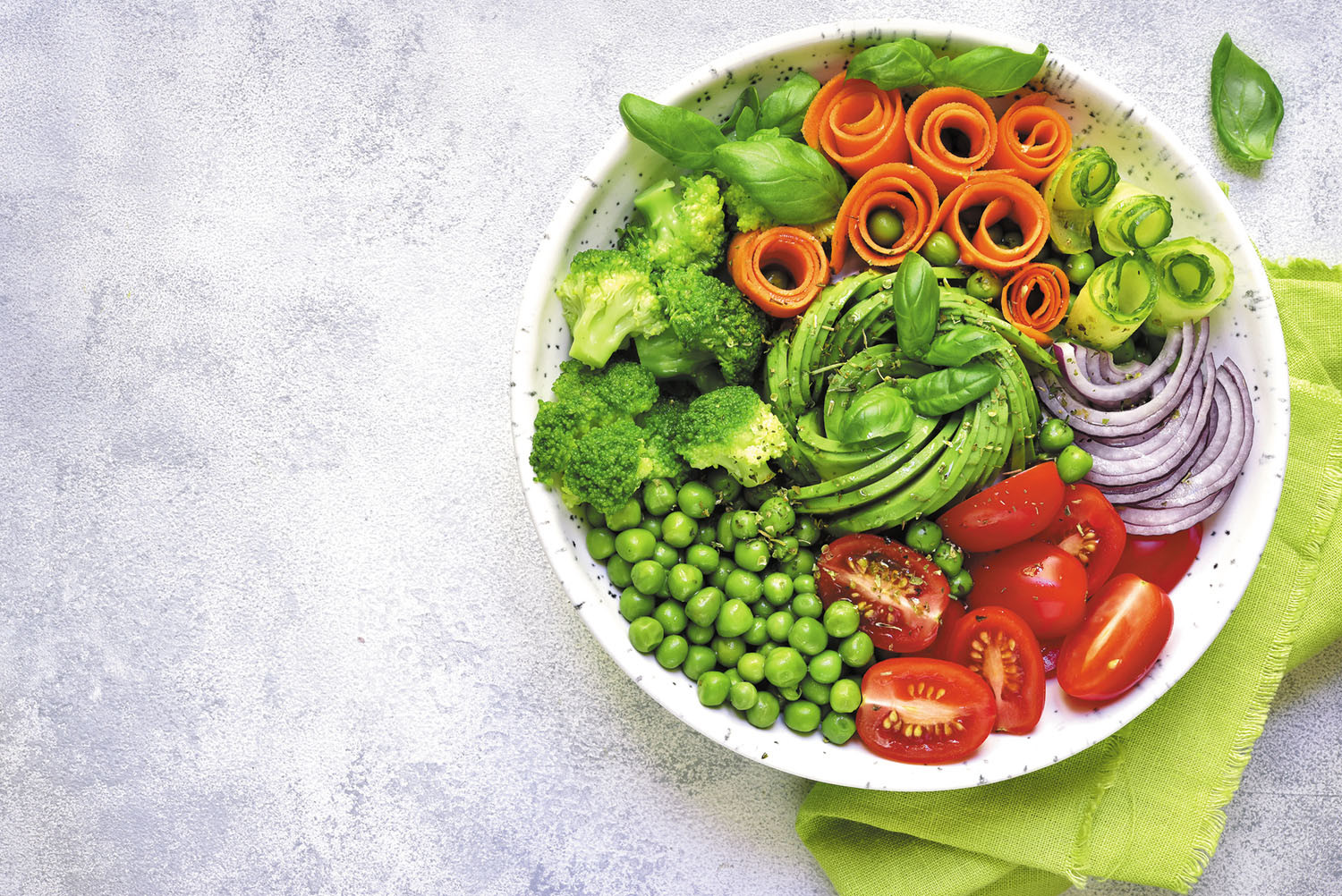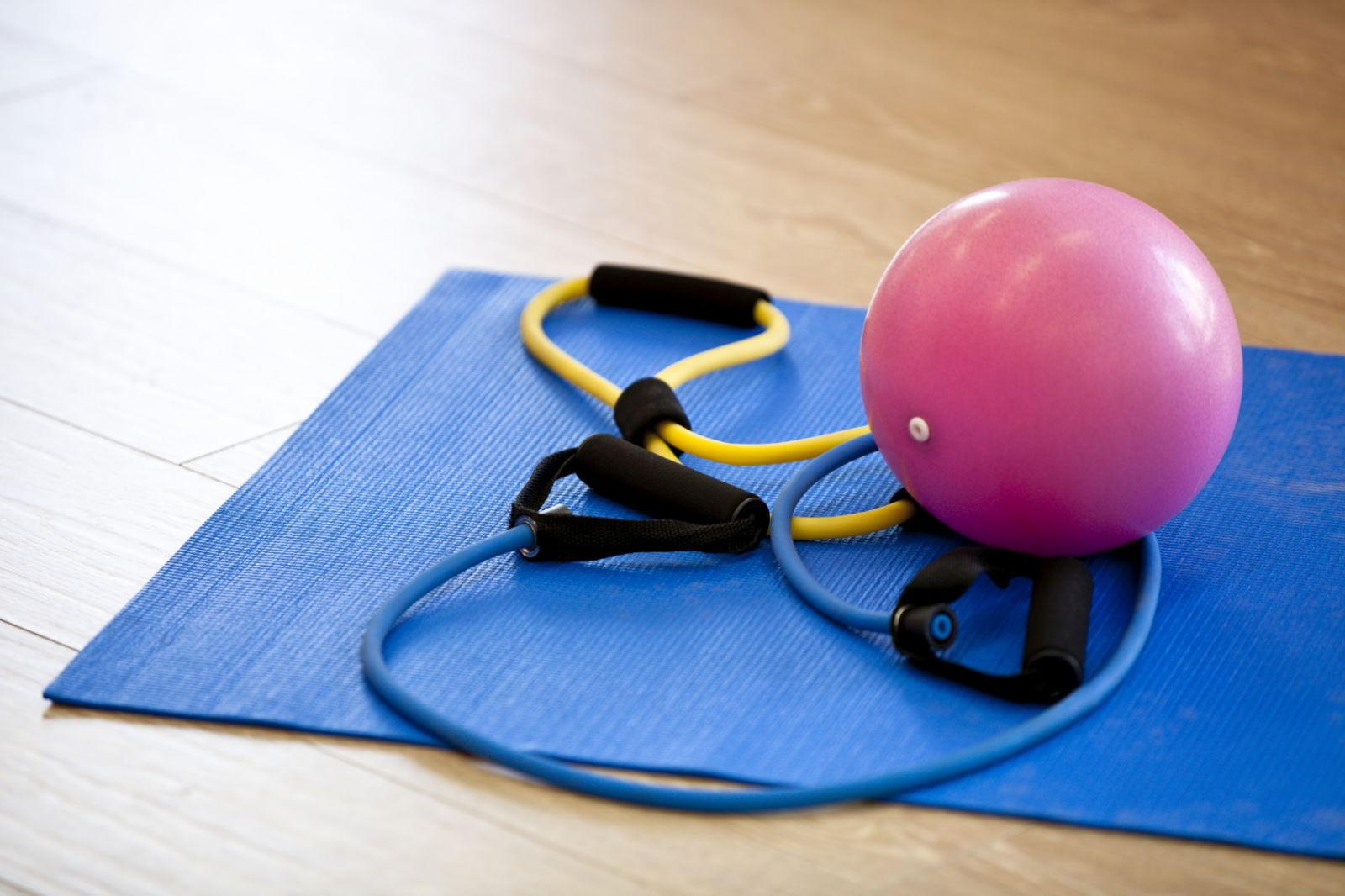
Counting steps is good — is combining steps and heart rate better?

Appendix pain: Could it be appendicitis?

Can saw palmetto treat an enlarged prostate?

How does Ozempic work? Understanding GLP-1s for diabetes, weight loss, and beyond

Zinc: What it does for the body, and the best food sources

Respiratory health harms often follow flooding: Taking these steps can help

Tips to leverage neuroplasticity to maintain cognitive fitness as you age

Can white noise really help you sleep better?

Celiac disease: Exploring four myths

What is prostatitis and how is it treated?
Staying Healthy Archive
Articles
Eating a daily serving of nuts linked with lower risk of heart disease
In the journals
Image: © vorclub/Thinkstock
Eating nuts has been linked with a lower risk of heart disease. Now, the largest study to date on the subject suggests that regular consumption, and not any specific nut, offers the greatest benefit. The research, published online Nov. 13, 2017, by the Journal of the American College of Cardiology looked at more than 210,000 people who shared information on their eating habits and health over a 32-year period.
The results showed that those who ate nuts — such as peanuts or tree nuts like walnuts, almonds, and cashews — on a daily basis had a much lower risk of developing cardiovascular disease or coronary artery disease compared with people who rarely or never ate nuts.
Get moving to avoid blood clots from TV watching
In the journals
Even if you get enough exercise, you are still at risk for blood clots from too much sitting in front of the TV, according to research presented at the American Heart Association's Scientific Sessions in November 2017.
Prolonged TV viewing has already been associated with heart disease involving blocked arteries, but this is the first study in a Western population to look at blood clots in the veins of the legs, arms, pelvis, and lungs known as venous thromboembolism.
Can you make up for years of poor eating?
Even if you can't, you can still substantially reduce your risk of heart attack and stroke through lifestyle changes and certain medications.
In your 20s, maybe you sometimes chose fast-food burgers and fries over healthier foods. Perhaps in the decades that followed you pursued a series of fad diets, questionable lifestyle choices, and too many days when you skipped your workout in favor of the couch.
You're now repenting for the sins of the past, but the question is, can you undo the damage? Can you unclog clogged arteries (otherwise known as atherosclerosis) and reduce your risk of heart disease in the process?
Ward off winter skin woes
Try these simple strategies to keep dry, cracking skin at bay during the cold weather.
Chapped, dry, cracked, and peeling... winter can be hard on your skin. What with the cold air and the lack of humidity, your skin spends the winter months fighting to retain moisture, not to mention fending off other insults from cold-weather staples like scratchy wool clothes and crackling wood fires.
How can your skin survive the season? We asked Dr. Barbara Gilchrest, senior lecturer on dermatology at Harvard Medical School, to weigh in with her best tips to help you protect your skin from winter dryness.
Most Americans don’t eat enough fruits and veggies
Research we're watching
Image: © Lilechka75/Thinkstock
If you’re like most Americans, you aren’t eating enough fruits and vegetables, according to the CDC. A study published in the CDC’s Nov. 17, 2017, Morbidity and Mortality Weekly Report shows only about one in 10 adults meets federal recommendations, which call for most women to eat 1.5 cups of fruit and between 2 and 2.5 cups of vegetables each day.
"In 2015, just 9% of adults met the intake recommendations for vegetables, ranging from 6% in West Virginia to 12% in Alaska. Only 12% of adults met the recommendations for fruit, ranging from 7% in West Virginia to 16% in Washington, D.C.," reported the CDC.
Millions of Americans still use tobacco products, despite risks
Research we're watching
Still smoking? You're not alone, the CDC reported in November. One in five Americans was still using tobacco products as of 2015.
Some 42 million American adults — more than 87% of the nearly 49 million tobacco product users nationwide — reported smoking cigarettes, cigars, or pipes (including hookahs and water pipes), according to data from the National Health Interview Survey, which has been studying American's smoking habits since 1965. The remaining tobacco users chose e-cigarettes, chewing tobacco, snuff, dip, snus, and dissolvable tobacco.
Don't let jet lag affect your sleep
Many people find that crossing several time zones makes their internal clocks go haywire. In addition to experiencing headaches, stomach upset, and difficulty concentrating, they may also suffer from fitful sleep.
But there's no need to waste time riding out the effects of jet lag. Try these jet lag remedies the next time you travel.
The right stuff: These simple items can help you strengthen your core
You needn't spend a cent on fancy equipment to get a good core workout. Many core exercises rely on your body weight alone. But with the help of some simple equipment, you can diversify and ramp up your workouts.
The following items can help you put a new twist on your core exercises. Most of them can already be found around your house or are available at low cost from a sporting goods store.
Is your diet sabotaging your mobility?
You might be surprised to learn that what you eat affects your ability to move.
- The nutrients in the food you eat help your body build bone, power muscle, repair and replace tissues, and keep your brain active and your heart pumping.
- Your diet also influences your chances of developing chronic diseases such as type 2 diabetes, heart disease, and osteoporosis — all of which can compromise your well-being and hinder your ability to live an active and independent life.
- Eating the right foods is important, but so are how much you eat and how well you balance the calories you take in with those you burn off. Simply being overweight can make it more difficult to move easily in your day-to-day activities.
Keys to healthy eating
There is no shortage of diet books and healthy eating plans that claim to help you slim down and live a longer and healthier life. But healthy eating is surprisingly simple.

Counting steps is good — is combining steps and heart rate better?

Appendix pain: Could it be appendicitis?

Can saw palmetto treat an enlarged prostate?

How does Ozempic work? Understanding GLP-1s for diabetes, weight loss, and beyond

Zinc: What it does for the body, and the best food sources

Respiratory health harms often follow flooding: Taking these steps can help

Tips to leverage neuroplasticity to maintain cognitive fitness as you age

Can white noise really help you sleep better?

Celiac disease: Exploring four myths

What is prostatitis and how is it treated?
Free Healthbeat Signup
Get the latest in health news delivered to your inbox!
Sign Up










